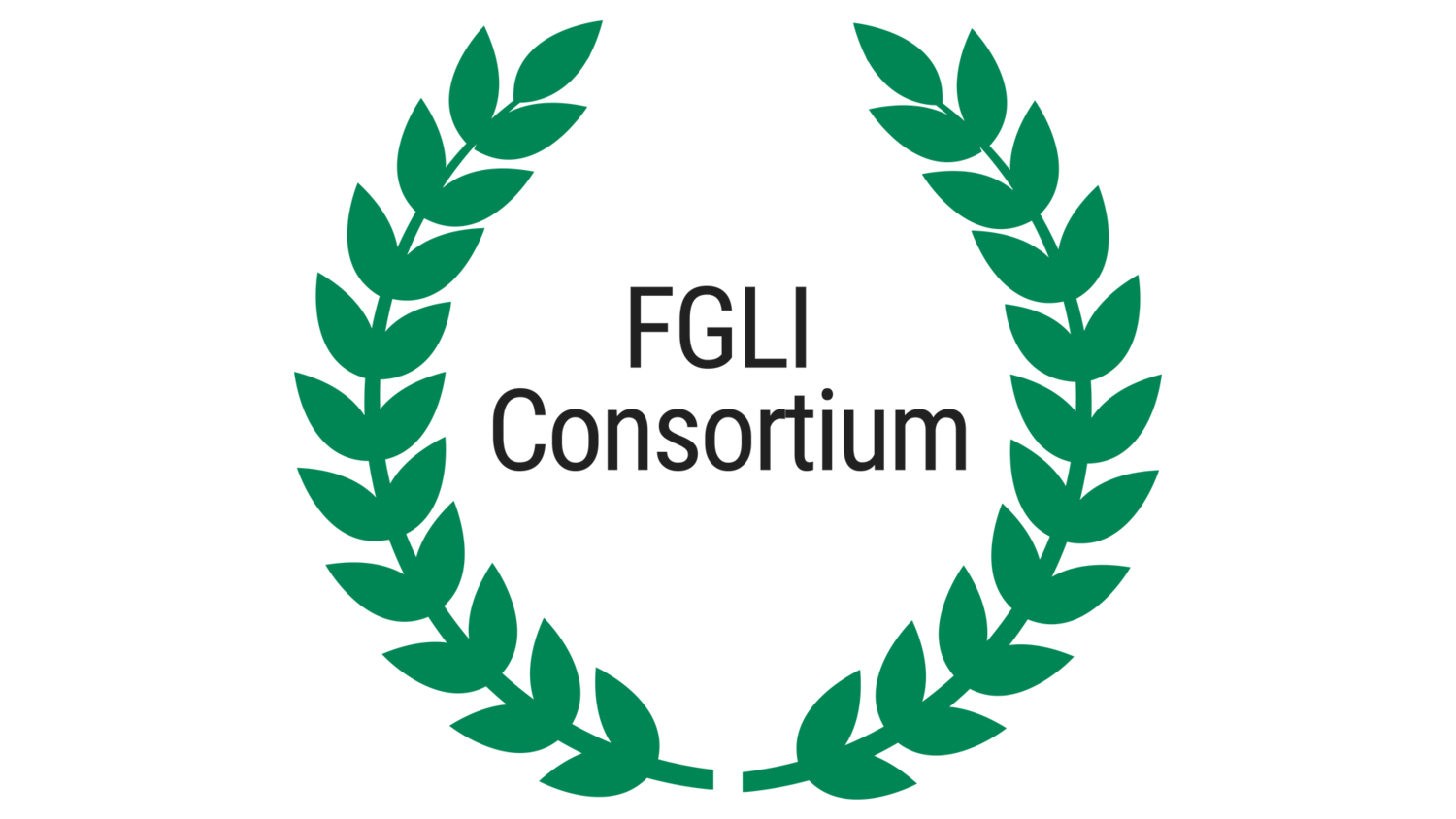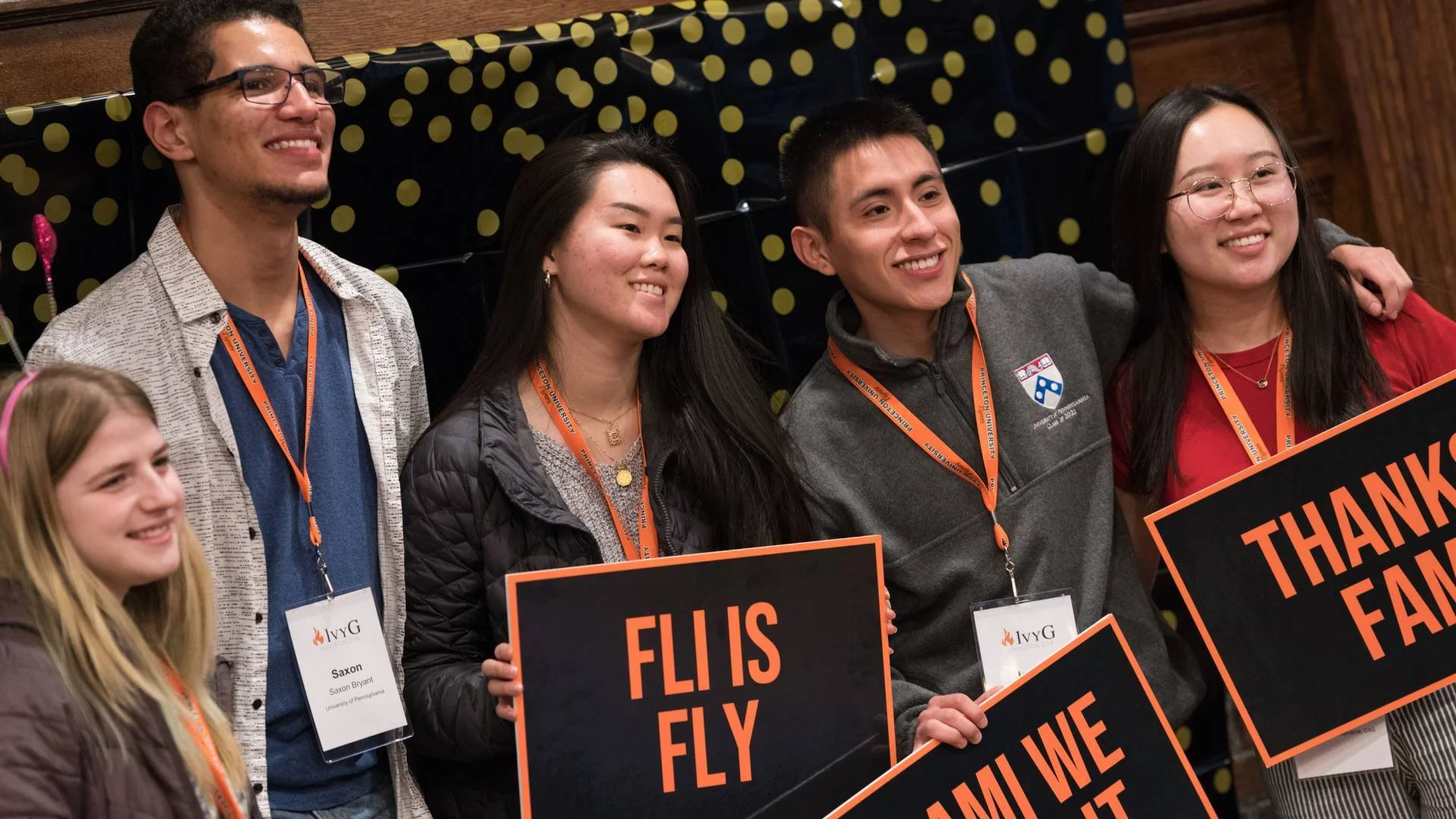
Expanding Horizons: Empowering First-Generation and/or Limited-Income College Students with Global Educational Experiences
Our webinar will highlight the importance of integrating global opportunities into the
support systems for FLI students and highlights the transformative potential of these
experiences in shaping a more inclusive and globally engaged student body.
First-generation and limited-income (FLI) college students often face unique challenges
during their undergraduate journey, including financial constraints, limited access to
resources, and a lack of familial experience with higher education. Despite these
barriers, global educational experiences—such as study abroad programs, international
internships, and cross-cultural exchanges—can significantly enhance the academic,
personal, and professional development of FLI students. By participating in these
programs, FLI students are exposed to diverse cultural perspectives, which broadens
their worldview, improves language and intercultural communication skills, and fosters a
deeper sense of global citizenship. Moreover, global experiences equip FLI students
with valuable skills such as adaptability, problem-solving, and collaboration, which are
increasingly sought after in today’s interconnected workforce. Additionally, these
experiences provide opportunities to build social capital by connecting with a diverse
network of peers, mentors, and professionals beyond their immediate academic
environment.
Importantly, institutions of higher education must ensure equitable access to these
opportunities through scholarships, grants, and targeted support for FLI students. By
doing so, they can help mitigate the financial barriers that often preclude participation in
global programs and promote inclusive excellence. Global educational experiences not
only enhance the undergraduate experience of FLI students but also empower them to
navigate complex global challenges, positioning them for success in both their personal
and professional lives.




























